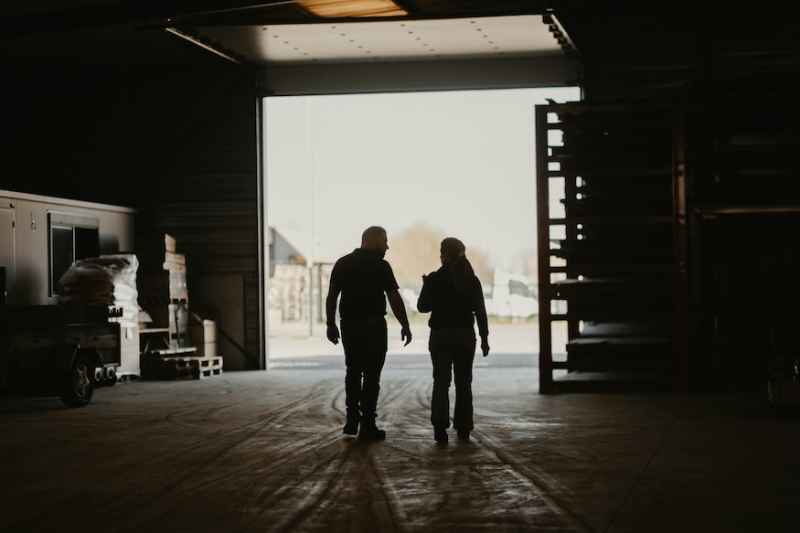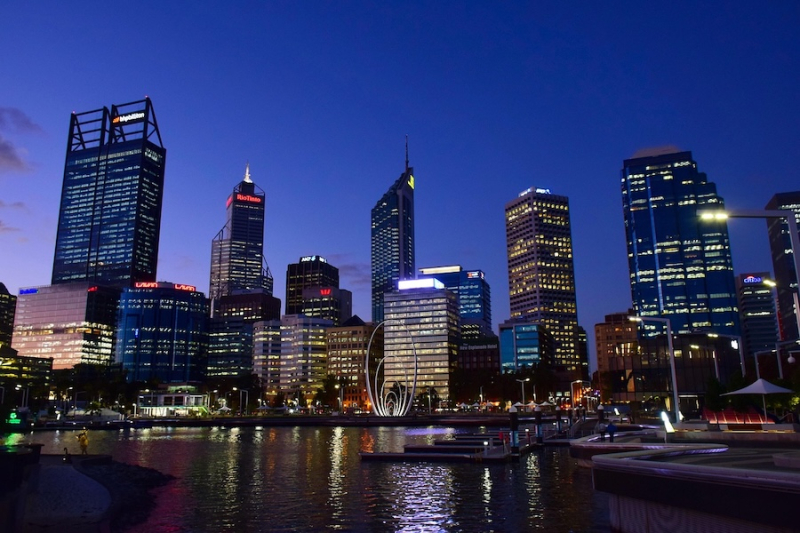In family enterprises, some of the most complex challenges aren’t financial—they’re emotional.
One of the most common and least talked about is the fairness paradox.
The Fairness Paradox
The fairness paradox is the tension that arises when family members feel unequally treated, even in times of abundance.
It’s not about how much someone receives—it’s about how decisions are made, and whether those decisions feel fair.
Research shows that perceived inequity can quietly fracture trust.
This is especially the case when financial resources or influence are distributed in ways that aren’t clearly explained or openly discussed.
This kind of tension doesn’t show up on balance sheets, but it shows up in relationships—in the silence after a meeting, the side conversations, the subtle withdrawal.
And it’s often rooted in a lack of clarity, not a lack of generosity.
Addressing the Fairness Paradox
Addressing the fairness paradox means stepping outside of our usual comfort zones and leaning into discomfort.
It means intentionally creating space for:
- honest conversations where individuals feel safe and encouraged to share their true thoughts and feelings,
- listening without dismissiveness or defensiveness, and
- being transparent and willing to explain the “why” behind decisions, so that everyone understands the context and rationale.
By engaging in these practices, you can work toward more equitable and fair environments.
Fairness isn’t about perfect equality
It’s about transparency, consistency, and respect.
When families commit to relational integrity alongside financial stewardship, they are cultivating a foundation that extends far beyond material wealth.
It fosters trust.
And trust is the foundation of any legacy worth preserving.
https://youtube.com/shorts/aA58IW7OjBo?feature=share
About the Author
This article was contributed by Oasis People and Culture, who partner with leaders, teams, and individuals to cultivate organisational health and performance.
Through tailored learning pathways, Oasis helps leaders and family enterprises develop relational maturity, strengthen communication, and build trust — creating workplaces where people thrive and performance follows.
👉 Learn more at Oasis People and Culture.
Keep Reading
The Fairness Paradox: Navigating Perceptions of Equity in Family Enterprises
Beyond Wealth: Discovering Purpose in Family Business Succession






